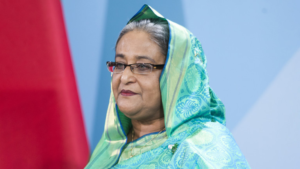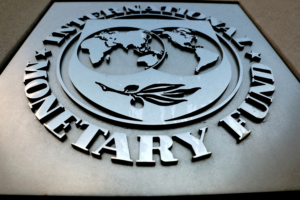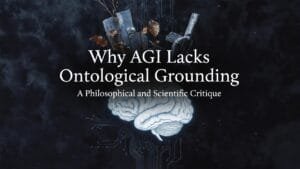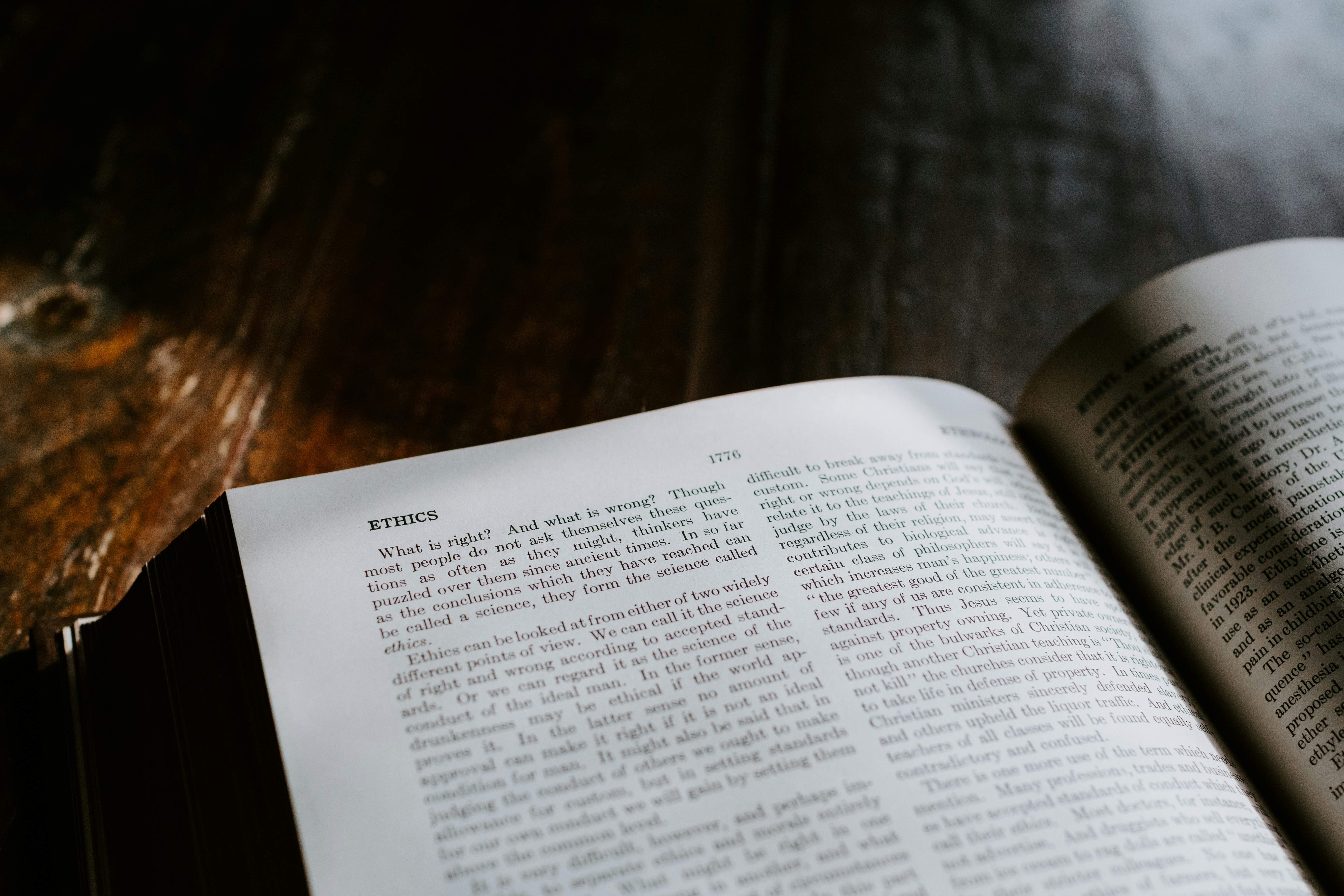Exclusion of Indigenous Peoples in Bangladesh’s Constitutional Reform Process
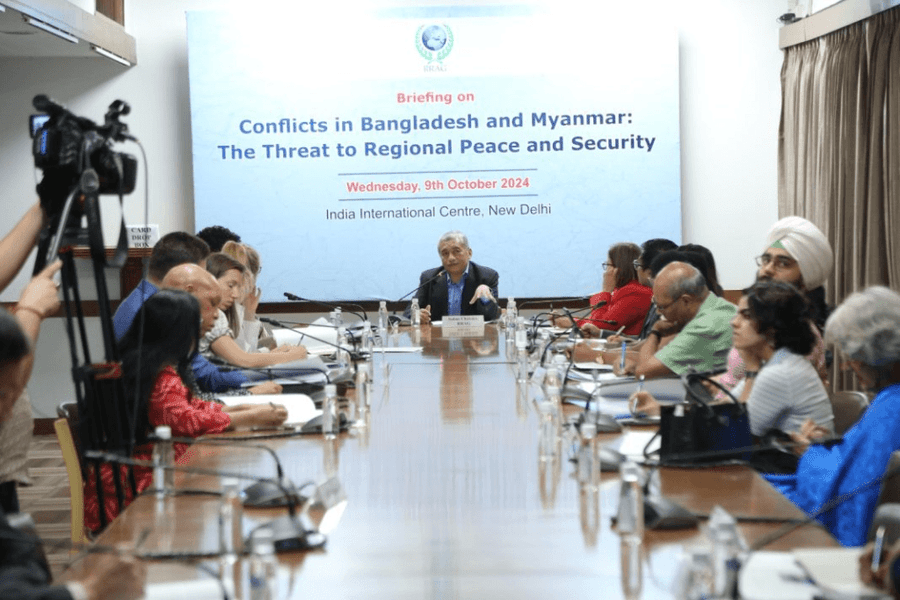
Overview of the Situation
The Rights and Risks Analysis Group (RRAG) has raised concerns regarding Bangladesh’s recent constitutional reform process, particularly under Mohammed Yunus’s leadership. In a briefing for the diplomatic community in New Delhi, the RRAG highlighted the exclusion of Indigenous peoples from the Chittagong Hill Tracts (CHTs) and various religious minorities, which raises significant human rights issues.
Concerns Raised by RRAG
During the briefing, RRAG’s director, Suhas Chakma, emphasized the lack of representation for hill tribes in the newly formed nine-member constitution reform commission announced on October 6, 2024. Notably, only one woman, Professor Sumaiya Khair, was appointed, contravening the Jatiya Sangsad (Reserved Women Seats) Election Act of 2004, which reserves seats for women. Chakma starkly criticized Yunus’s worldview, suggesting that it deliberately excludes vulnerable communities in Bangladesh.
The Human Rights Crisis
Further complicating the situation, the report indicated a spike in human rights violations against indigenous populations. From September 19 to October 1, 2024, organized assaults led by the Bangladesh Army and illegal settlers targeted indigenous individuals and their properties across various districts. A total of 75 indigenous individuals were reported injured, and numerous homes and businesses were looted or destroyed.
Chakma advocated for international intervention from the diplomatic community, stressing the need to recognize indigenous rights and establish a dedicated office of the United Nations High Commissioner for Human Rights in Bangladesh to address these violations. Immediate action is essential to ensure that the voices of excluded communities are heard in the constitutional reform process.


